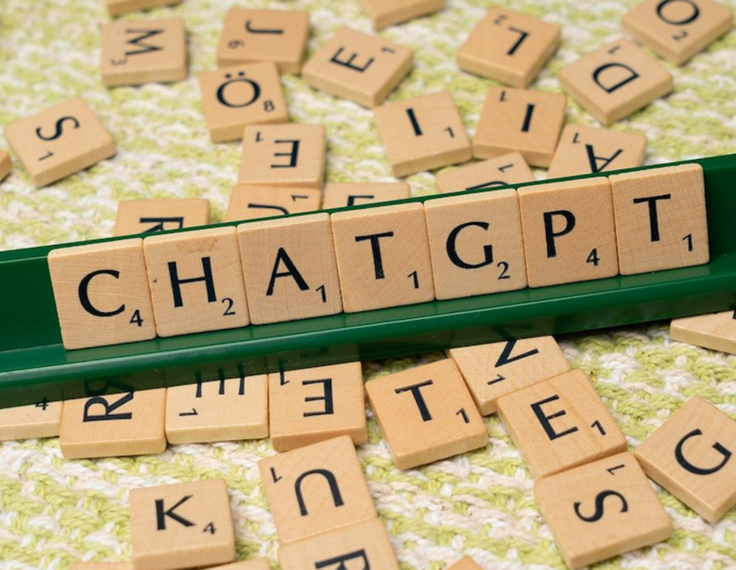
Conservatives are less accurate than liberals at recognizing false climate statements, and disinformation makes conservatives less discerning: Evidence from 12 countries
Tobia Spampatti, Ulf J. J. Hahnel and Tobias Brosch
Competing hypotheses exist on how conservative political ideology is associated with susceptibility to misinformation. We performed a secondary analysis of responses from 1,721 participants from twelve countries in a study that investigated the effects of climate disinformation and six psychological interventions to protect participants against such disinformation.

Misinformed about misinformation: On the polarizing discourse on misinformation and its consequences for the field
Irene V. Pasquetto, Gabrielle Lim and Samantha Bradshaw
The field of misinformation is facing several challenges, from attacks on academic freedom to polarizing discourse about the nature and extent of the problem for elections and digital well-being. However, we see this as an inflection point and an opportunity to chart a more informed and contextual research practice.

The role of narrative in misinformation games
Nisha Devasia and Jin Ha Lee
Several existing media literacy games aim to increase resilience to misinformation. However, they lack variety in their approaches. The vast majority focus on assessing information accuracy, with limited exploration of socio-emotional influences of misinformation adoption. Misinformation correction and educational games have explored how narrative persuasion influences personal beliefs, as identification with certain narratives can frame the interpretation of information.

Trump, Twitter, and truth judgments: The effects of “disputed” tags and political knowledge on the judged truthfulness of election misinformation
John C. Blanchar and Catherine J. Norris
Misinformation has sown distrust in the legitimacy of American elections. Nowhere has this been more concerning than in the 2020 U.S. presidential election wherein Donald Trump falsely declared that it was stolen through fraud. Although social media platforms attempted to dispute Trump’s false claims by attaching soft moderation tags to his posts, little is known about the effectiveness of this strategy.

GPT-fabricated scientific papers on Google Scholar: Key features, spread, and implications for preempting evidence manipulation
Jutta Haider, Kristofer Rolf Söderström, Björn Ekström and Malte Rödl
Academic journals, archives, and repositories are seeing an increasing number of questionable research papers clearly produced using generative AI. They are often created with widely available, general-purpose AI applications, most likely ChatGPT, and mimic scientific writing. Google Scholar easily locates and lists these questionable papers alongside reputable, quality-controlled research.
